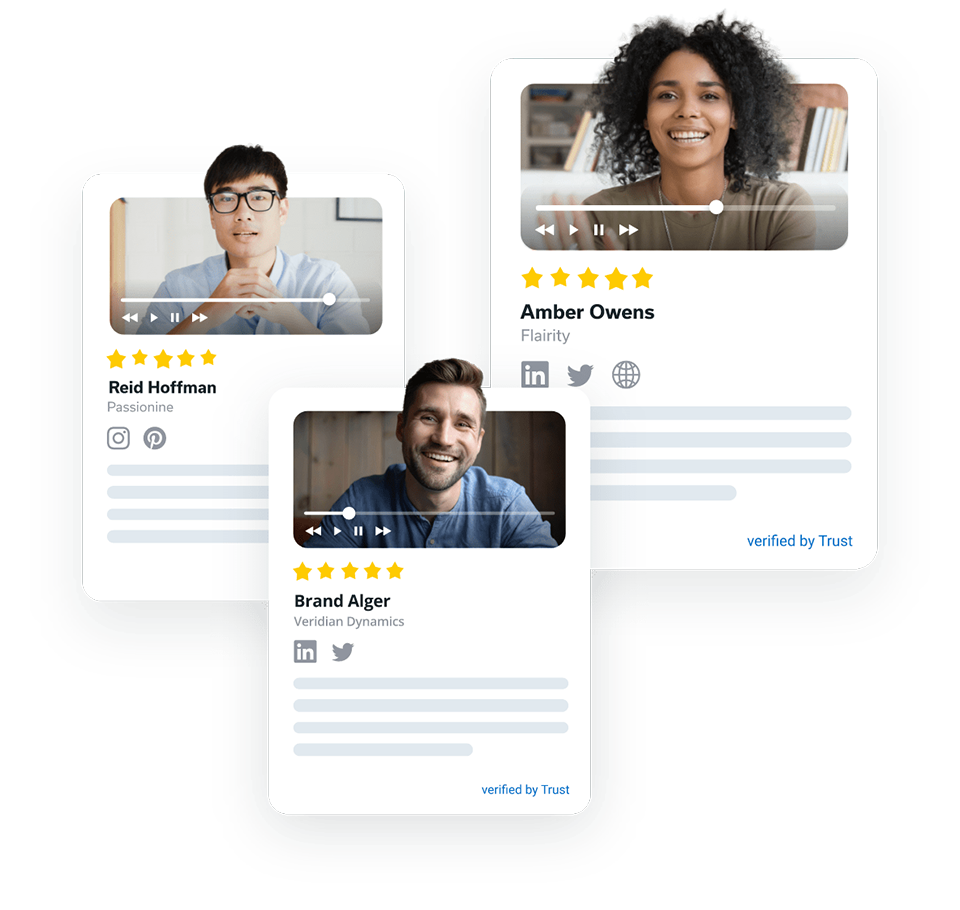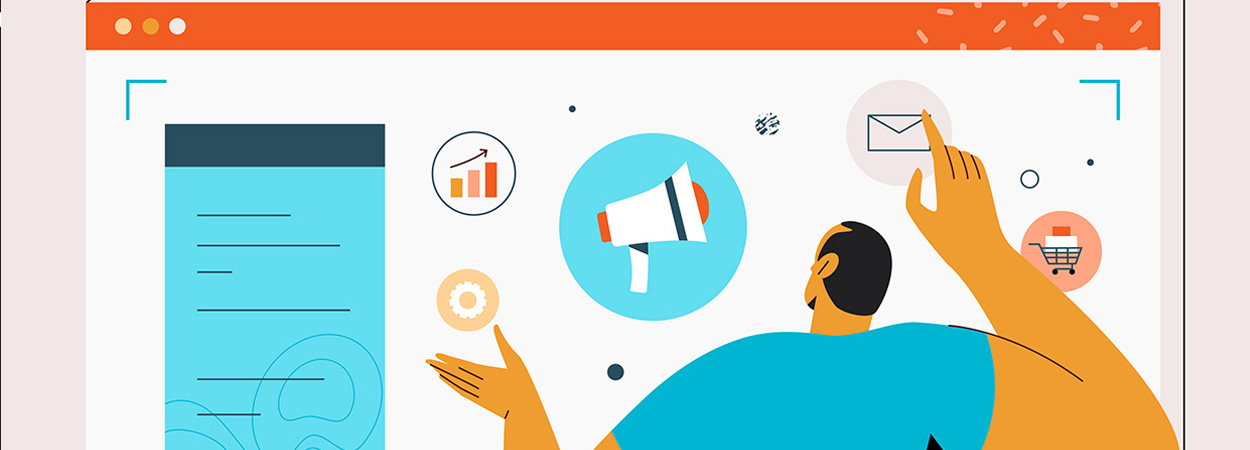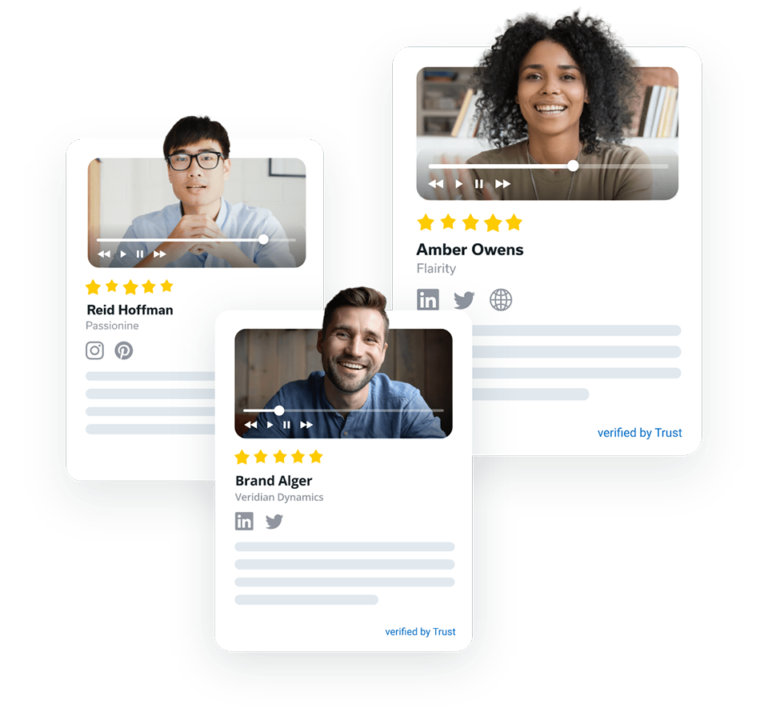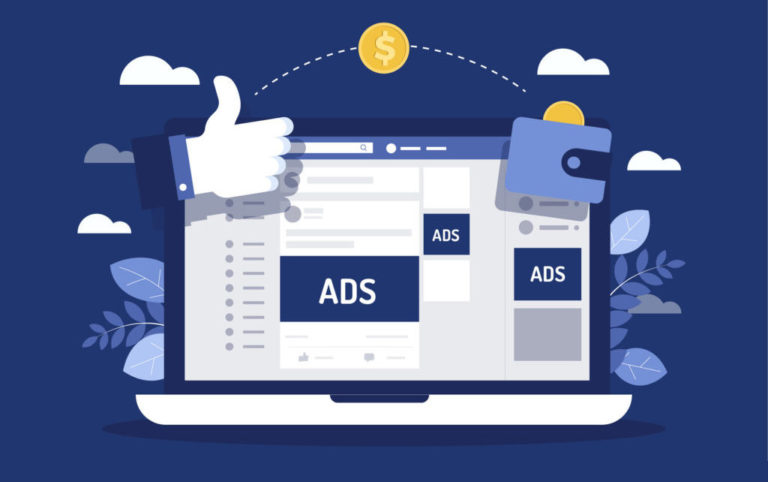6 Ways Social Proof Helps You Increase Website Conversion Rate


Social proof is regularly attributed to conformity and has recently been a common marketing tool for any smart marketer looking to bolster their conversion rates. More so, it has been the turning point for some of the world’s largest corporations.
For instance, take the case of Facebook. In early 2004, it was nothing more than a small social website only known to a few Harvard students. From February to the summer of the same year, this website had extended its reach to the Ivy Leagues. Well, the rest is history.
The “Social Network” is a movie that gives a clear picture of social proof in action. It narrates the story of Sean Parker who as a successful entrepreneur is able to convince the tycoon, Peter Thiel, to invest in his fledgling company. The power of social proof is what drives Peter Thiel to invest a whopping $5 million into his business.
You must be thirsting to learn about social proof and how it can effectively increase your traffic conversion but let us take a moment to understand what social proof is.
What is social proof?
Social proof is also known as the new generation networking. It is the process where people psychologically conform to the actions of others, based on the assumption that these particular actions are correct behavioral reflections.
In other words, we look at what others do before making an action of our own. We do this with most decisions in life and of course, buying is no different.
This is why social proof is crucial when it comes to maintaining a high level of visibility and conversions.
Social proof types and how they increase conversion rate
There are numerous types of social proof that you can employ to skyrocket your traffic conversions. However, there are 6 main types of social proof that you can use.
Here are the 6 parameters that can change the direction of your venture forever, if you use them the right way.
1. Testimonials
Have you ever had a meal at a restaurant that was so delicious that you had to share the experience with your friends? Of course, your friends wanted to get something to eat there as well.
This is how testimonials work too. If the person giving the testimonial is an expert in the field, it makes the testimonial even more credible.
If you use testimonials in your marketing mix, try to get someone who’s an authority in their field or a celebrity – someone well known. That way, the testimonial will have more weight.
However, that’s not the primary way that businesses nowadays use testimonials. For the best results, get a testimonial from your happy customers.
See an example below by Wikijob, which utilizes three simple statements from its customers. In this case, the testimonials were bare to the bone and didn’t even have customer names.


Using these testimonials, Wikijob experienced a 34% increase in conversion rate. If you use the right kind of testimonials and put them in the right places, you can get similar results.
The best thing about testimonials is that they can also be used on a variety of websites in different industries. However, you will have to place them strategically.
Fortunately, unlike a few years ago, gathering and displaying testimonials is now easier than ever, thanks to marketing tools such as Trust. Instead of adding your testimonials manually, you can try out Trust and collect and show your testimonials within minutes.
2. Social Media
This social proof tool is especially critical if you want to crack the millennial customer base. When it comes to social media popularity, it’s all about the numbers. The more followers, likes and comments you have, the better your brand.
If well harnessed, social media popularity can be incredibly helpful for increasing your conversion rates.


You’ve probably seen these “follow” boxes on lots of posts on different blogs and websites. They are a great form of social proof, but there is one catch. You should not use them if your number of shares and visits is too low – because you will create an opposite effect.
3. Reviews
Product reviews are an essential part of all websites and especially e-commerce. It is no secret that using them increases your conversion rates. Research by Dimension Research showed that 90% of the consumers are influenced by positive reviews in their decision to buy.
Another report published by Spiegel Research Center claims that a potential customer is 270% more likely to purchase a product that has 5 reviews than one without reviews. In addition, if you have reviews from verified buyers, this leads to a 15% increase in the conversion rates.
This only shows the incredible value that reviews can have for your conversion rate.
Reviews work because they are authentic feedback from customers who have tried your products. Therefore, they can easily persuade potential customers to also try out your product. This eventually leads to more people buying your products or services.
See how Express Watches uses review widgets on their page to increase sales by 58.29%:


The major rule with reviews is to keep them authentic. Never write fake reviews because they will actually do more harm than good.
4. Case studies
People love stories about how a product or service changes the way someone works or lives. Case studies are one of the best ways to show these stories to your website audience.
To give you a perspective of how a case study is used, take a look at this Neil Patel’s consulting service. For those that don’t know, he’s one of the most influential marketing experts of today.


Do your products sound too good to be true? Then back it up with a nicely structured case study and you will be surprised by how powerful this social proof method can be.
A case study with factual data is something no one can deny. You can use case studies in a variety of ways – on your home page, product pages, landing pages, business proposals and much more.
5. Logos / trust icons
Do you work with some big names in the industry? If you do, it’s a great idea to show off that you have them as your customers. For example, take a look at how Hubspot does it on their homepage:


If you use these logos, it sends a message out to your-would-be potential customers that you have the trust of the biggest players in the market. The best thing about using logos is that you don’t have to explain the nature of your relationship with the companies whose logos you have published on your homepage.
As long you are associated with them, it is enough reason to use their logos. For instance, Voices.com added several company logos on their site, including Discovery, ABC and NBC. As a result, they had a remarkable 400% increase in their conversion rate.
6. Media mentions
What would you do to get your company vouched for by Forbes or CNN? Well, you don’t have to get your company profile read out during a commercial just to say that you have the backing of Al Jazeera or Huffington Post.
A simple mention online can be extracted and then published on your website to give your site the notch it requires to enjoy the publicity of media mentions as social proof. That is why startups like pitching to TechCrunch because a single mention can get them a terrific traffic conversion boost.
Remember, Neil consulting service? Let’s check how he uses media mentions on his website to increase traffic conversion.


You don’t have to be mentioned by giant media such as the Wall Street Journal to utilize a media mention as social proof. Even a simple blog post mention can get you there.
When to use social proof
As illustrated by these tools, social proof can undoubtedly skyrocket your traffic conversion rates if used strategically. Moreover, as a digital platform you can use social proof successfully to:
- Support copy near CTA
- Counter any objections
- Strategically support your argument
- Humanize your marketing
Go get them
By now, you probably have a good idea of what social proof does and how effective it can be. Simply put, people trust other customers more than you, no matter how good your marketing messaging is. Therefore, use some of the methods mentioned above to see what you can accomplish with social proof.
The fact of the matter is that social proof works for any business out there. It’s all about testing the different types of social proof that work for your offer, your customers and your website.
Do you feel that integrating these social proof tools and making them effective in boosting your conversion tools is complex for you? No worries. You can try out our Trust to embed testimonials, star ratings, and other social proof tools in just 3 easy steps. Sign up here and keep up with the new marketing movement!










